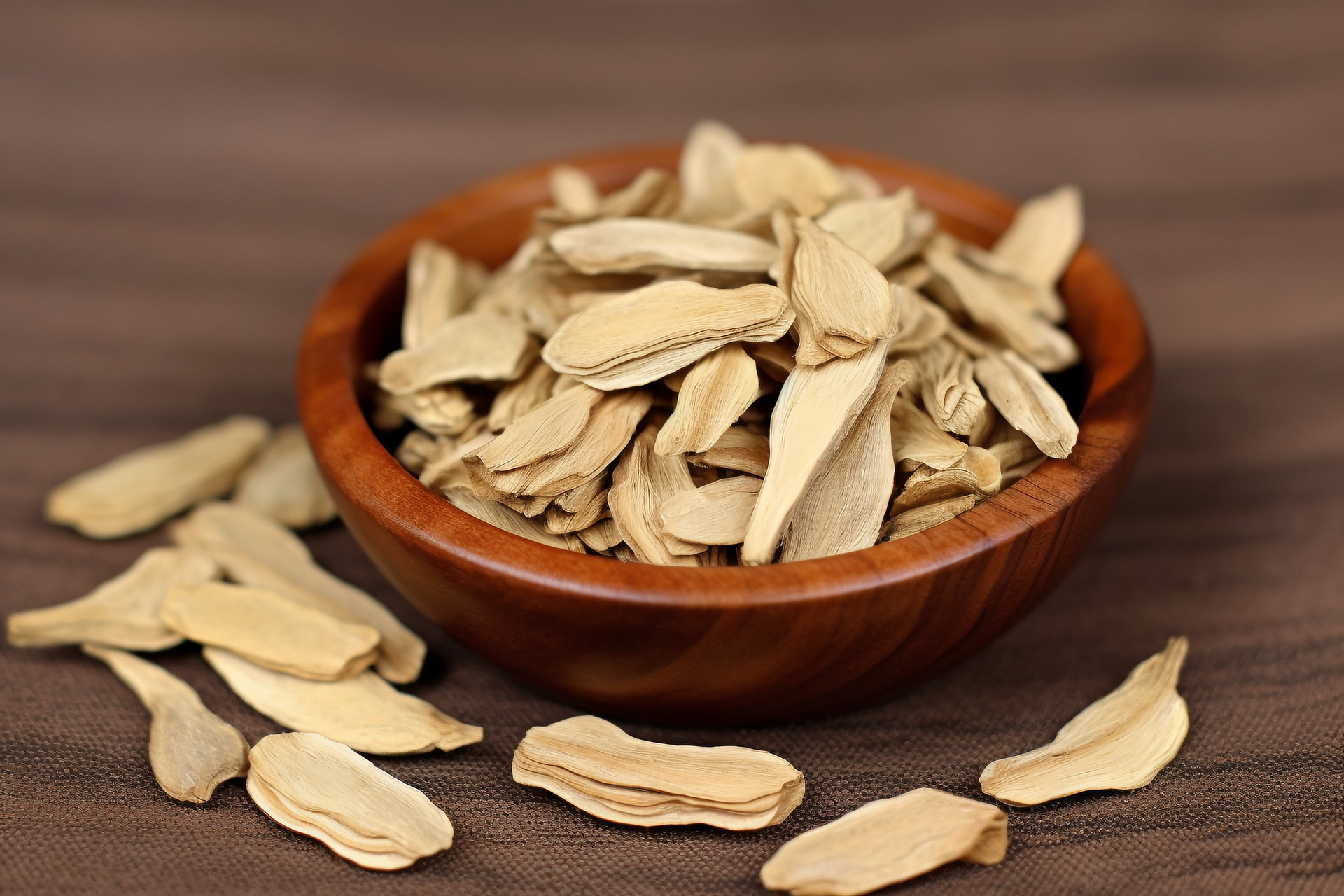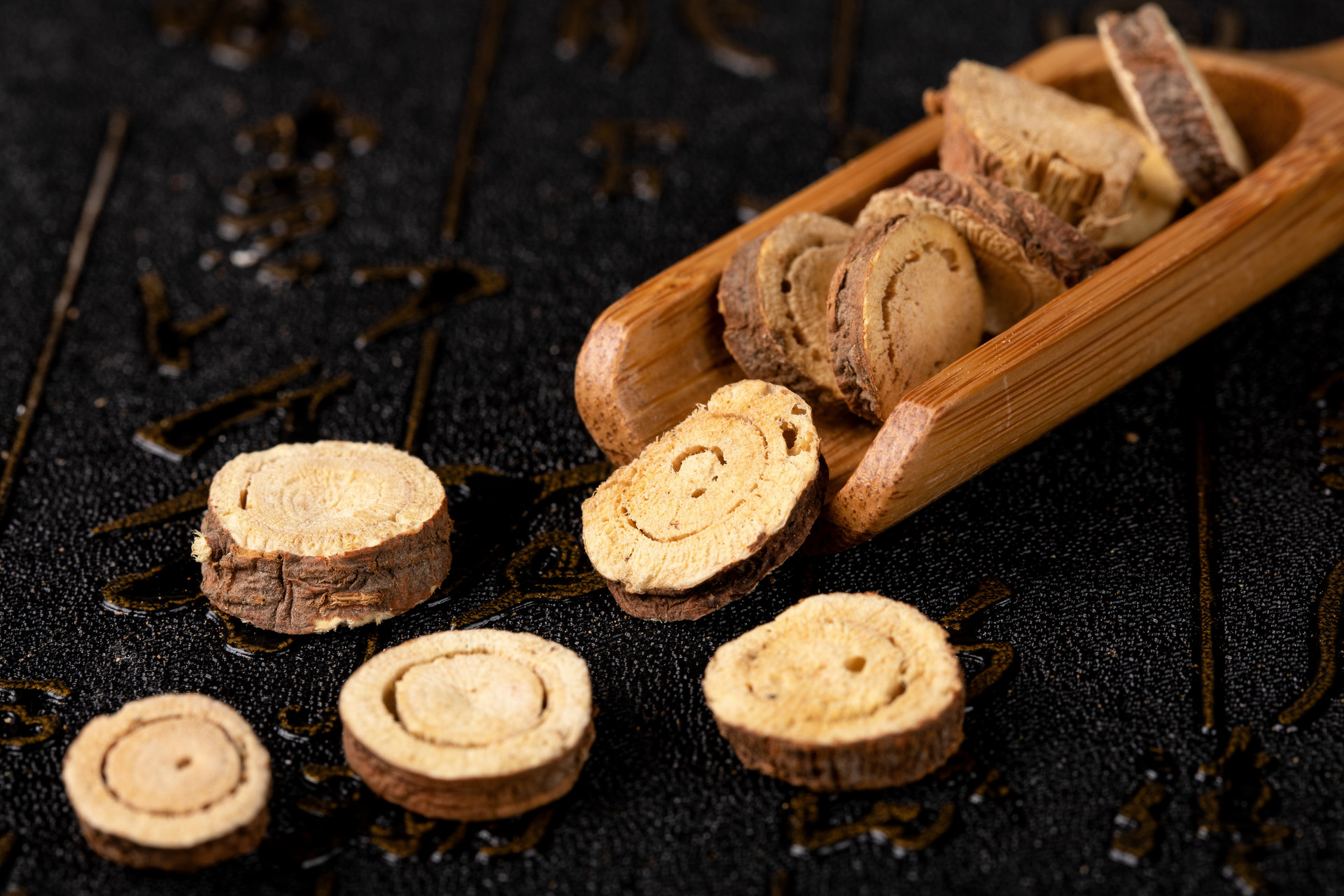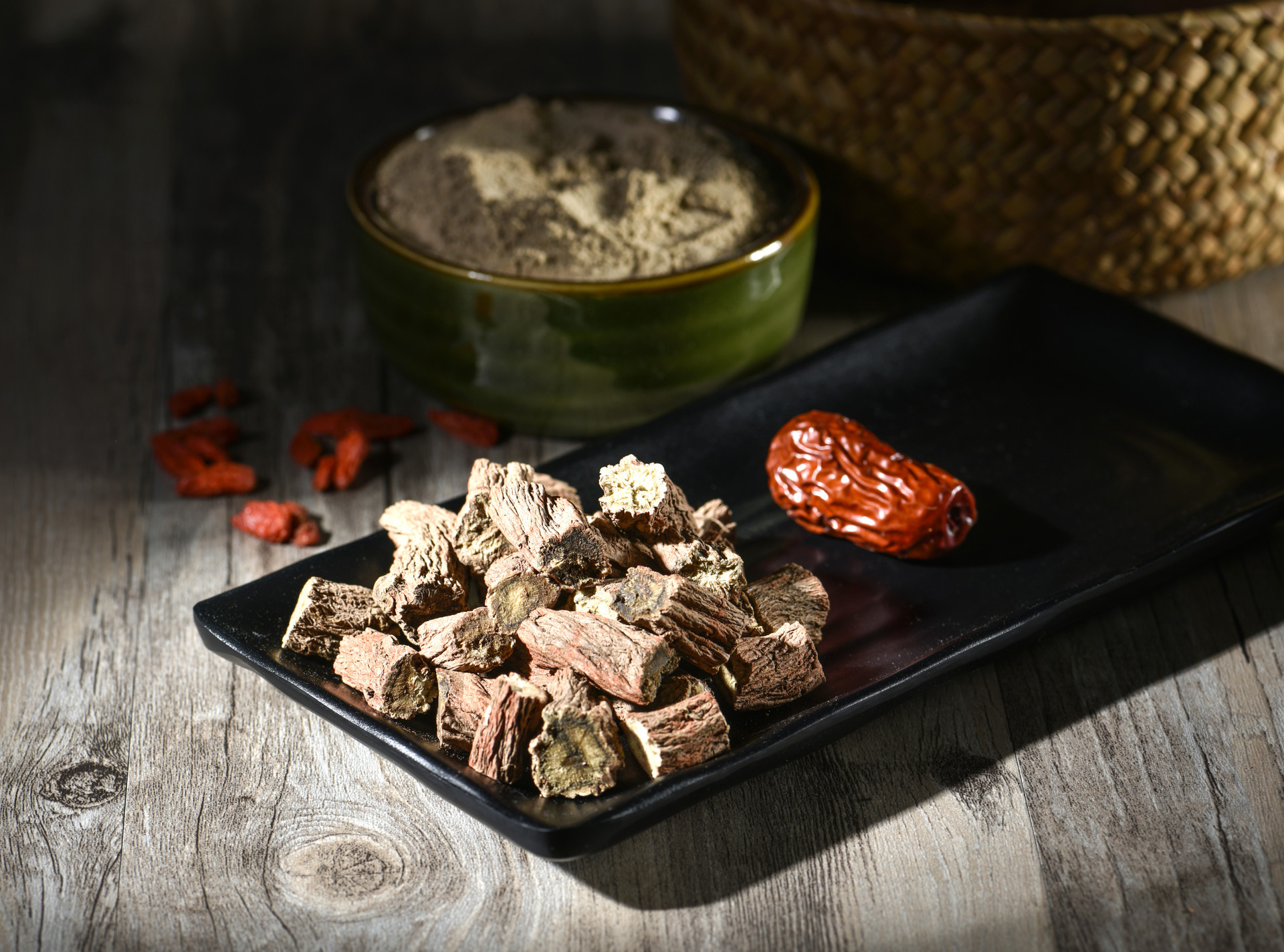Peanuts are nutritious and have many health benefits. Eating peanuts in moderation can help delay aging, improve blood circulation, and they also contain a powerful bioactive compound called resveratrol, which has excellent cholesterol-lowering effects. Therefore, eating peanuts has many benefits for the body. However, some people are concerned that peanuts are high in fat and may cause weight gain. So, let's find out if eating peanuts at night will make you gain weight.
Will Eating Peanuts at Night Make You Gain Weight?
Peanuts are high in calories, protein, and fiber. Although they contain a significant amount of fat and calories, most of these fats are unsaturated fatty acids. Eating peanuts in moderation will not cause obesity, but instead, it has a weight loss effect. Peanuts provide a five-fold greater feeling of fullness compared to other high-carbohydrate foods, which reduces the desire for other foods and lowers overall calorie consumption. Therefore, eating peanuts in moderation at night, along with proper eating habits, will not cause weight gain.
Nutrition and Benefits of Peanuts
Promotes Growth and Development
Peanuts are rich in calcium, which is a major component of human bones. Consuming peanuts regularly can provide sufficient calcium and help promote growth and development.
Promotes Brain Development
Peanut protein contains more than ten essential amino acids needed by the human body. Lysine, in particular, helps in the development of children's brains, enhances intelligence, and is also an important component in preventing premature aging. Glutamic acid and aspartic acid promote cell development and enhance memory.
Clotting and Hemostasis
Peanut skins contain fats, vitamins, and substances that shorten clotting time. They can counteract fibrinolysis, promote the production of bone marrow platelets, and not only have hemostatic effects but also have a therapeutic effect on various bleeding disorders, benefiting the body's hematopoietic function.
Prevents Coronary Heart Disease
The large amount of linoleic acid in peanut oil can break down cholesterol into bile acids and excrete them from the body, preventing the accumulation of cholesterol and reducing the chance of developing high cholesterol-related diseases such as coronary heart disease and atherosclerosis.
Prevents Colorectal Cancer
Soluble fiber in peanut tissue absorbs and expands waste material in the body when digested and absorbed, forming a gelatinous body, which comes into contact with many harmful substances in the intestines and absorbs a large amount of toxins. This reduces the accumulation of toxins in the body and reduces the incidence of colorectal cancer.
How to Eat Peanuts without Gaining Weight
It is best to avoid deep-fried peanuts and raw peanuts. It is recommended to eat boiled peanuts, as this not only destroys aflatoxins that peanuts may have been infected with during growth but also makes them easier to digest without losing too many nutrients. Moreover, it does not cause obesity.
Consider the Dangers of Eating Peanuts in Excess
Peanuts are still high-protein and high-calorie foods. Although they have many health benefits, any food should not be eaten excessively. Eating too many peanuts can lead to indigestion, especially for those with poor gastrointestinal function. Furthermore, peanuts are high in oil content, so excessive consumption can lead to obesity. People with gallbladder problems should also be cautious about eating peanuts as the digestion of peanuts requires more bile. Lastly, individuals with Yin deficiency and internal heat should avoid eating fried peanuts to prevent excessive heat buildup in the body.












